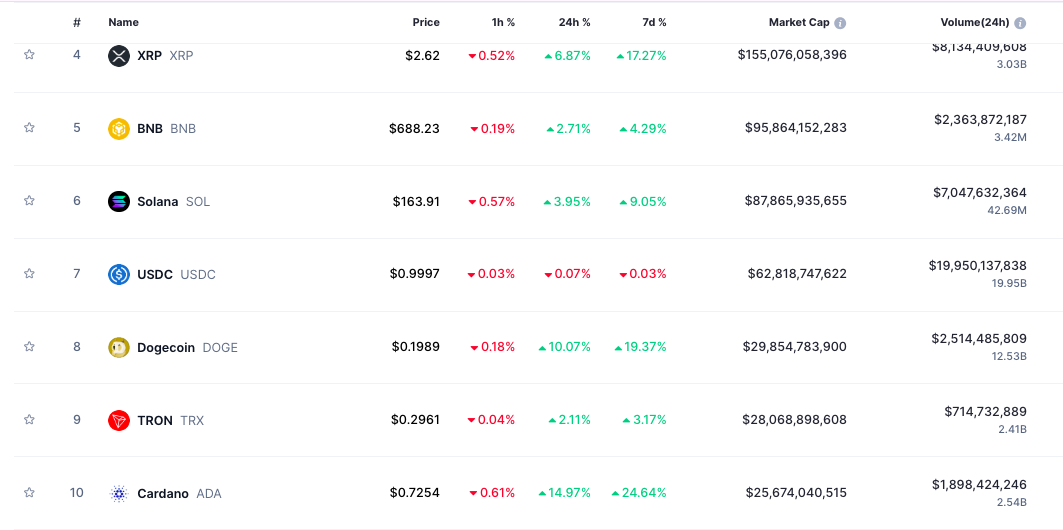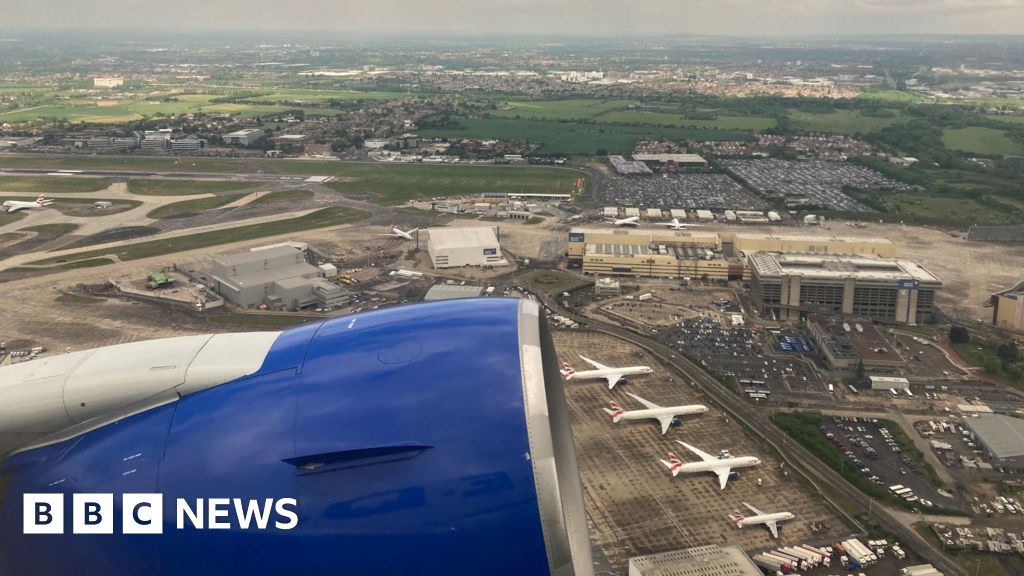A record downpour that flooded Chicago this weekend cut short Nascar’s first-ever street race in its marquee series and most likely curbed the economic impact of an event that divided the city.
Drivers in the Nascar Cup Series raced 75 laps instead of 100 after rain delayed the start of the event by more than an hour. The smaller Xfinity event was delayed by a day because of lightning and then called off before the halfway mark. All concerts associated with the Nascar event were also canceled on Sunday.
Former Mayor Lori Lightfoot agreed to a three-year deal to bring Nascar to Chicago to help lure tourists back after the pandemic. The city was forecast to get a $113.8 million economic boost from the event, about a third of what’s generated by the Lollapalooza music festival, which also takes place in Grant Park along Lake Michigan.
Chicago, the Midwest’s financial capital, has been struggling with a sluggish economy and rising crime, along with the exit of high-profile businesses like Ken Griffin’s Citadel. Nascar was supposed to be a boost for the city’s tourism before the race was upended.
“You can never predict the weather, and it certainly threw a curve ball this weekend,” Samir Mayekar, the former deputy mayor who helped strike the Nascar deal, said on Sunday. “But when you look around, certainly people are having fun. I’m glad they were able to race the main event.”
It was so wet in Chicago on Sunday that by 12:10pm, the area near Chicago O’Hare International Airport had already received 2.27 inches (5.77 centimeters) of rain, breaking the previous daily record set in 1982, according to the National Weather Service. The rain was a blow for spectators who paid for tickets starting at $269, about six times more than the cost of a triple-header event in August at the Indianapolis Motor Speedway that includes Nascar.
Still, Nascar drivers snaked through downtown streets in a 2.2-mile (3.5-kilometer) course, with the wet track resulting in various crashes and slowdowns. Shane van Gisbergen from New Zealand became the first driver in 60 years to win in his first Nascar Cup Series race.
Giana Wilk, a 30-year old resident of the wealthy Lincoln Park neighborhood, said she thought the race would be called off.
“We didn’t think it was going to happen, that’s for sure,” she said. “We just came and hoped for the best, and it turned out really beautiful and fun.”
The race was expected to bring 100,000 people to Chicago and create 24,000 hotel bookings. While Nascar doesn’t disclose ticket sales, there were many empty seats visible along the course on Saturday. Tickets were still available that day, according to online searches.
The rain-shortened event was also a disappointment for Chicagoans who had to contend with a month of traffic disruptions, and for local businesses that couldn’t operate normally on a holiday weekend.
The Museum Campus, a part of Grant Park that includes the Field Museum and the Shedd Aquarium, last year said it expected to lose $3.5 million as a result of road closures and other disruptions tied to summer events including the Nascar race.
Ramzan Bhimani, a taxi driver in the city, said traffic has been severe over the past five days near the race area. That hurt business, as people don’t tend to take taxis during times of heavy congestion, he said Sunday.
The weekend race wasn’t without tragedy: A contractor at the race course on Friday was killed by electrocution.
Still, there may have been a silver lining to the foul weather, said Mayekar, the former deputy mayor.
“During the rain delay, people have been spending money in bars, restaurants and hotels all around the perimeter of the course, so I’m optimistic about that,” Mayekar said.
Credit: Source link











